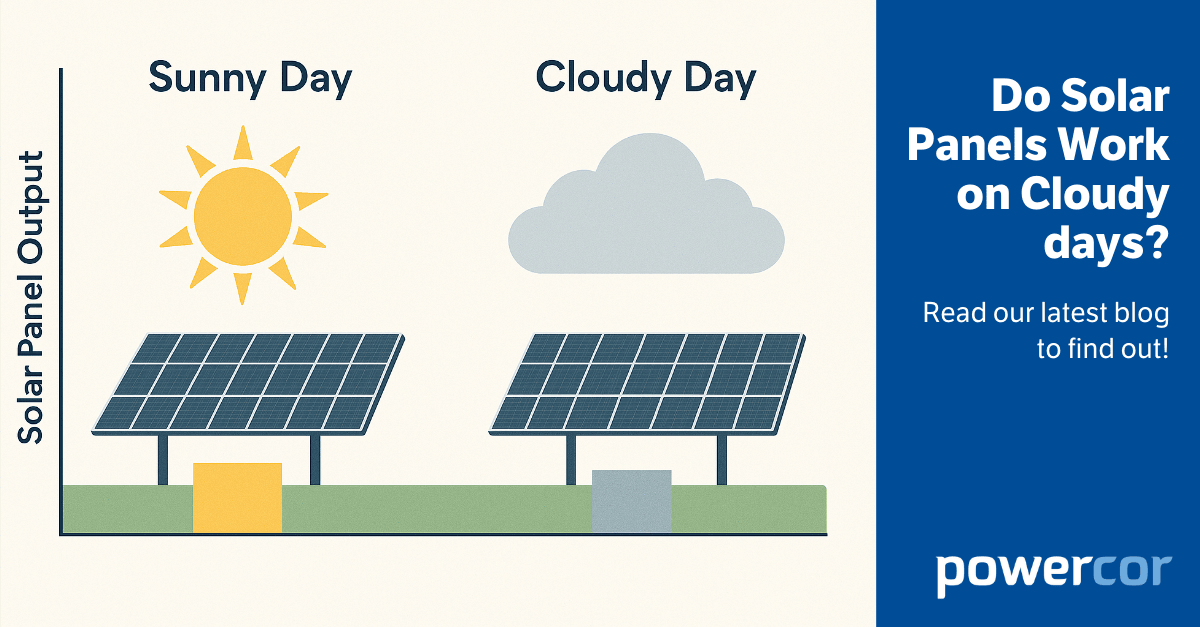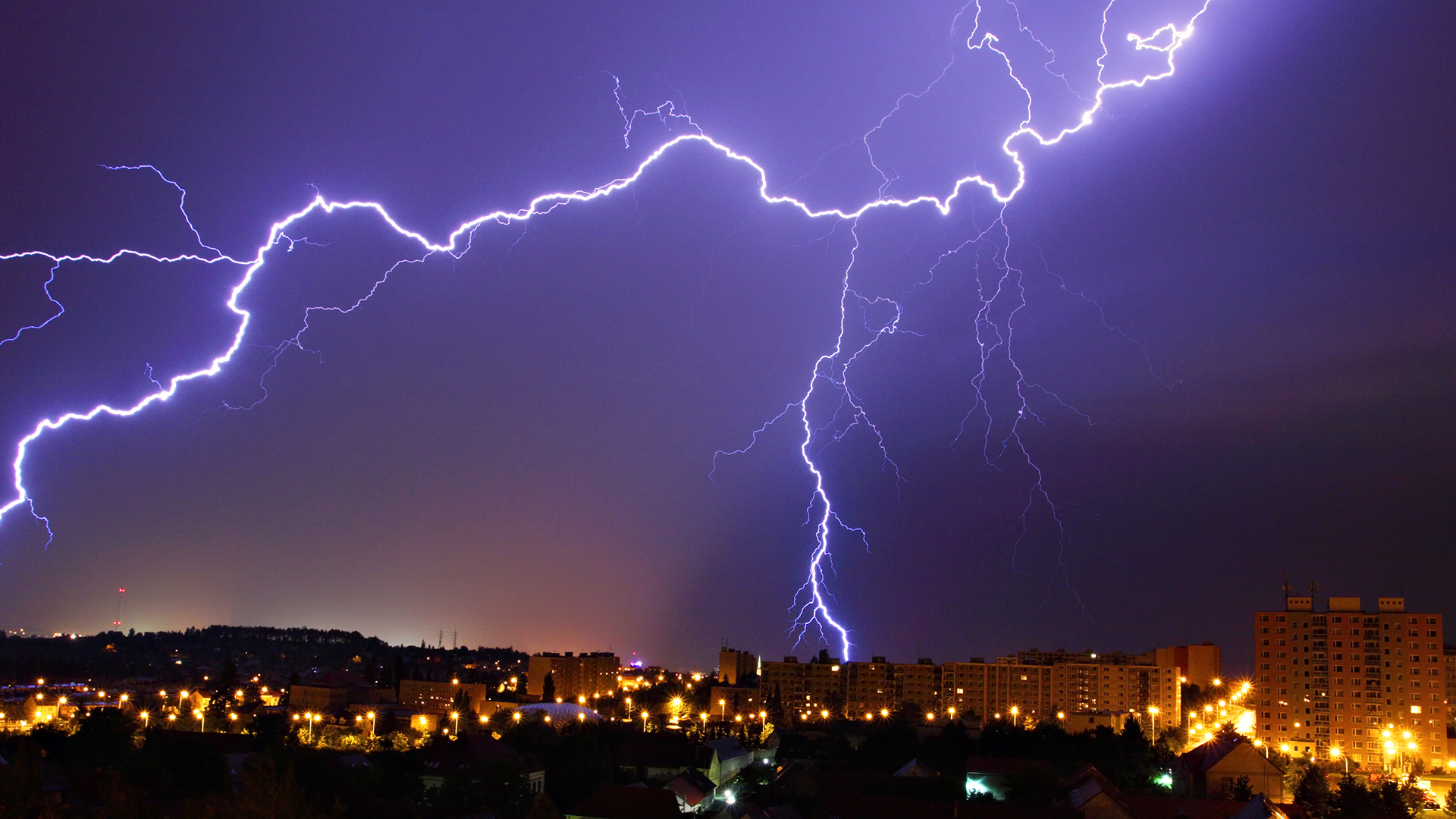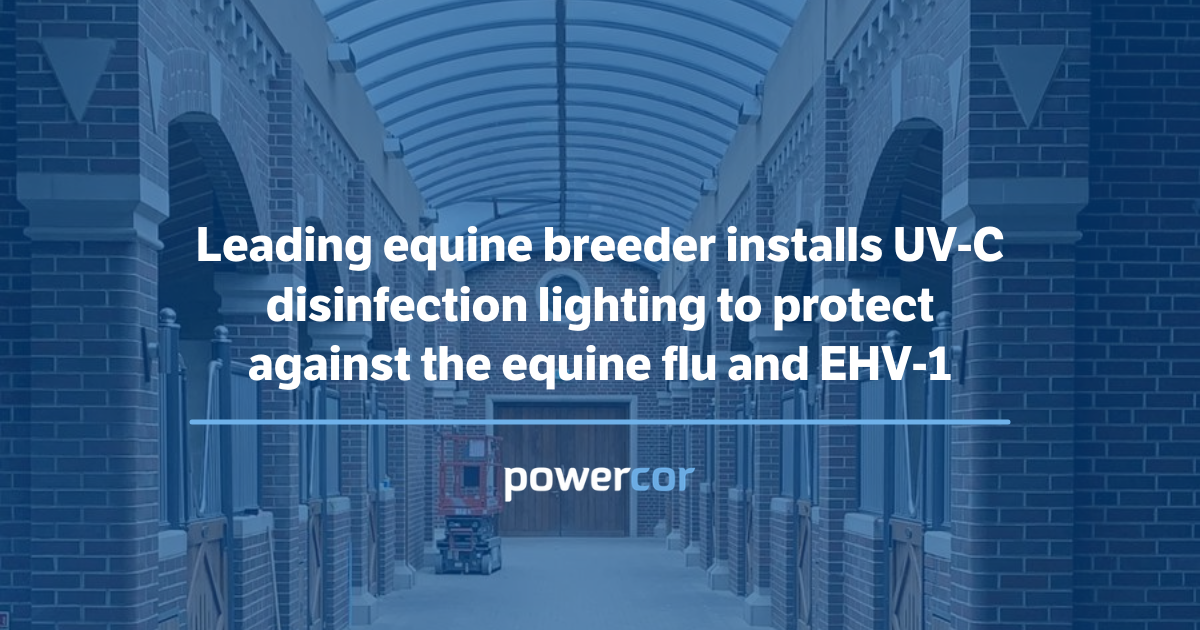For those wondering ‘Do solar panels work on cloudy days?’, the simple answer is yes, they do!
Solar panels operate by converting sunlight into electricity through photovoltaic (PV) cells. These cells don’t require direct sunlight; they can also utilise diffuse light that penetrates cloud cover. Even on cloudy days, there is sufficient ambient light for solar panels to produce electricity, albeit at a reduced rate.
In the UK, for instance, solardo work on cloudy days and can still generate power during overcast conditions. Modern solar technology is designed to capture a broad spectrum of light, allowing for energy production even when the sun isn’t shining brightly. Despite frequent grey skies, solar remains a viable renewable energy source in the UK climate.
Solar Panel efficiency on cloudy days
The efficiency of solar panels decreases on cloudy days, but they still contribute to energy generation. Typically, solar panels produce between 10% and 25% of their maximum output, depending on how heavy the cloud cover is. Light cloud cover allows for higher efficiency, with solar panels operating at up to 76% effectiveness.
An interesting phenomenon known as the “cloud edge effect” or the “cloud enhancement phenomenon” can temporarily boost solar panel output. This occurs when sunlight is magnified around the edges of clouds, leading to short bursts of increased energy production – sometimes 1.5 times more than under clear skies.
Real-world performance: cloudy weather and solar panels
Despite its reputation for cloudy weather, the UK has seen significant growth in solar energy adoption. As of 2023, over 14.4 gigawatts of solar capacity had been installed across the country. This growth underscores the viability of solar power even in less sunny climates.
Moreover, solar panels can be more efficient in cooler temperatures, which are common in the UK. High temperatures can reduce the efficiency of PV cells, so the UK’s moderate climate can be advantageous for solar energy production. Conversely, colder temperatures reduce this resistance, enabling the panels to function more efficiently. As a result, solar panels in the UK can outperform expectations, especially during clear but cold days.
Technology enhancing solar performance on cloudy days
Advancements in solar technology have improved the performance of panels under various weather conditions, including cloudy days. Modern panels are designed to capture a wider range of light wavelengths, enhancing their ability to generate electricity on cloudy days.
Additionally, the integration of solar battery storage systems allows homeowners, schools and businesses to store excess energy generated during sunnier periods for use during overcast days or at night. This ensures a more consistent energy supply regardless of immediate weather conditions.
Conclusion: Yes, solar panels work on cloudy days
In conclusion, solar panels absolutely work on cloudy days. While their efficiency is reduced compared to clear, sunny conditions, they continue to contribute to energy generation by harnessing diffuse sunlight. Thanks to improvements in technology and energy storage, solar panels remain a reliable and practical energy solution – even in places with variable weather like the UK.
Powercor: Your partner for solar energy in all weather
Powercor is a leading installer of solar panel systems for schools, commercial buildings, and residential properties. Explore our solar power installation projects and see how our systems perform, even on cloudy days. Contact us to find out how we can help you reduce your energy costs and carbon emissions year round.
FAQs
- How do solar batteries improve energy reliability during poor weather conditions?
Solar batteries store excess energy generated on sunny days for use during cloudy periods or at night. This helps maintain a steady energy supply and reduces reliance on the grid, particularly beneficial during winter or overcast weeks. - What maintenance do solar panels require to perform well year-round in the UK?
Solar panels require minimal maintenance, but regular cleaning and occasional checks for debris or shading can optimise performance. In the UK, professional inspections once a year are often enough to ensure continued efficiency. - Can solar panels be installed effectively on east- or west-facing roofs?
Yes, while south-facing roofs offer the best exposure in the UK, east- and west-facing roofs can still be suitable for solar installations. Panels may produce slightly less energy but remain viable and effective with proper system design. - How does the Smart Export Guarantee (SEG) support solar users in the UK?
The SEG allows solar panel owners to earn money by exporting surplus electricity back to the grid. This government-backed initiative supports solar adoption and improves the financial return on renewable energy investments. - Are there solar panels designed specifically for low-light or cloudy climates?
Yes, certain solar panels—such as monocrystalline and bifacial models—are engineered for better performance in low-light conditions. These panels capture more diffuse light, making them ideal for the UK’s variable weather.







